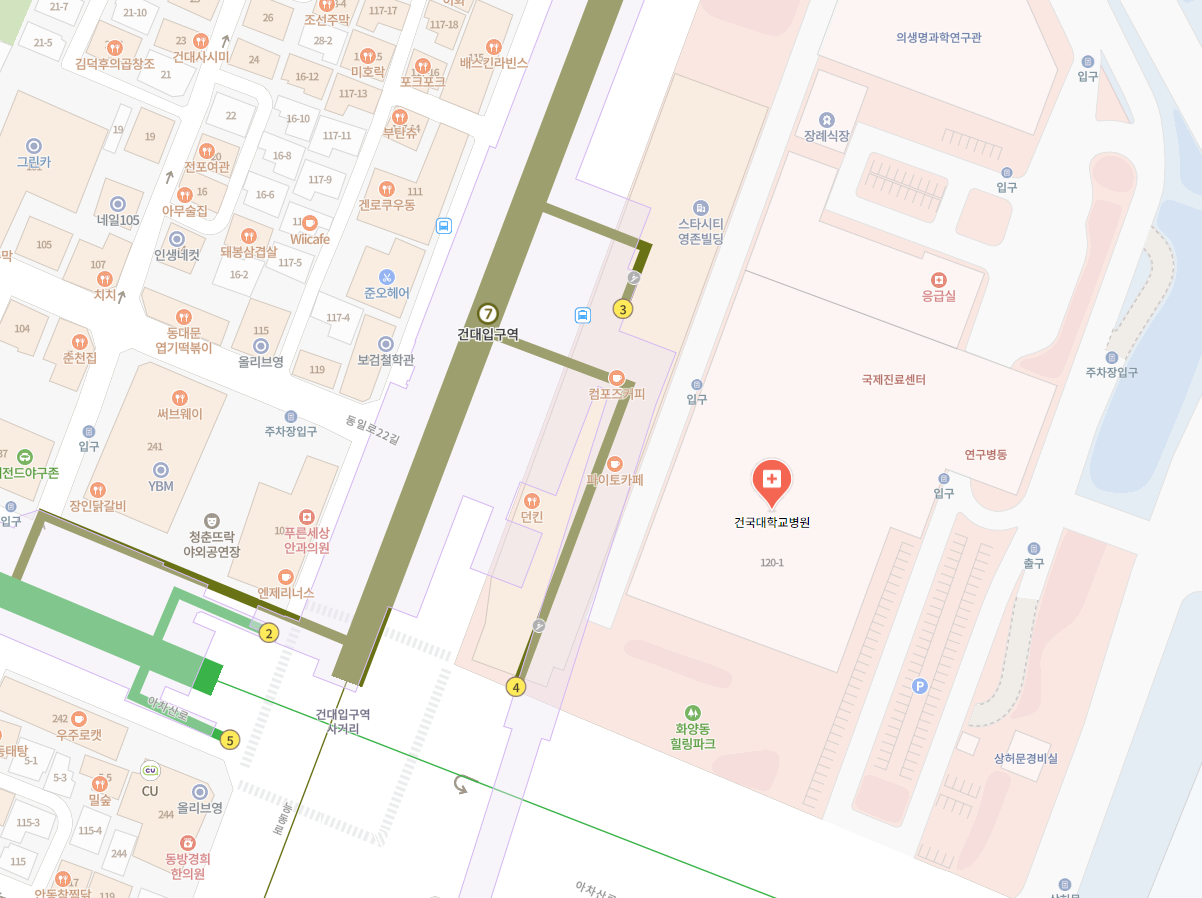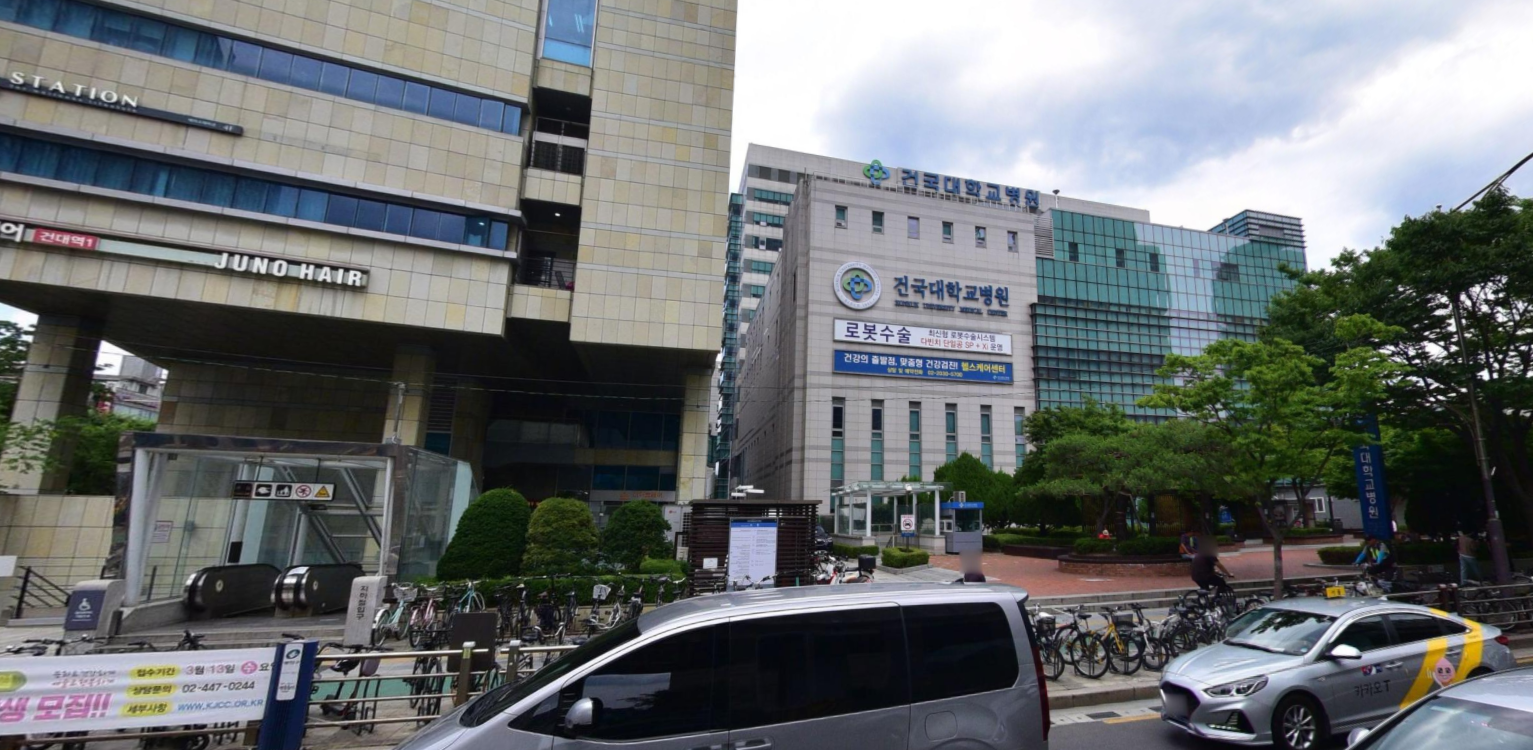답변
Yes, of course! In fact, for non-Koreans, going to university hospitals in Korea is a lot better than going to any community hospitals. Fortunately, Konkuk University Hospital is VERY CLOSE to the subway station and it shouldn't be too far from school as well.
Typically, a university hospital is a large research and teaching hospital affiliated with a medical school. Because of their mission to train doctors and many others in the medical field and their research, they tend to have lots of highly qualified physician specialists to do this teaching and research. University hospitals are usually on the cutting edge of medical care and likely to have sub-specialists in unique fields not available elsewhere.
A regular or community hospital has a far smaller teaching role or none at all. Your care is going to be by fulled trained and experienced nurses and staff and fully trained doctors. It depends on the size and nature of the community hospital how good the care may turn out to be. For most illnesses and injuries, a quality “regular” hospital will take good care of you. For rare, highly complicated or unique things, a university hospital has a higher level of staffing and expertise and would likely do a better job.

